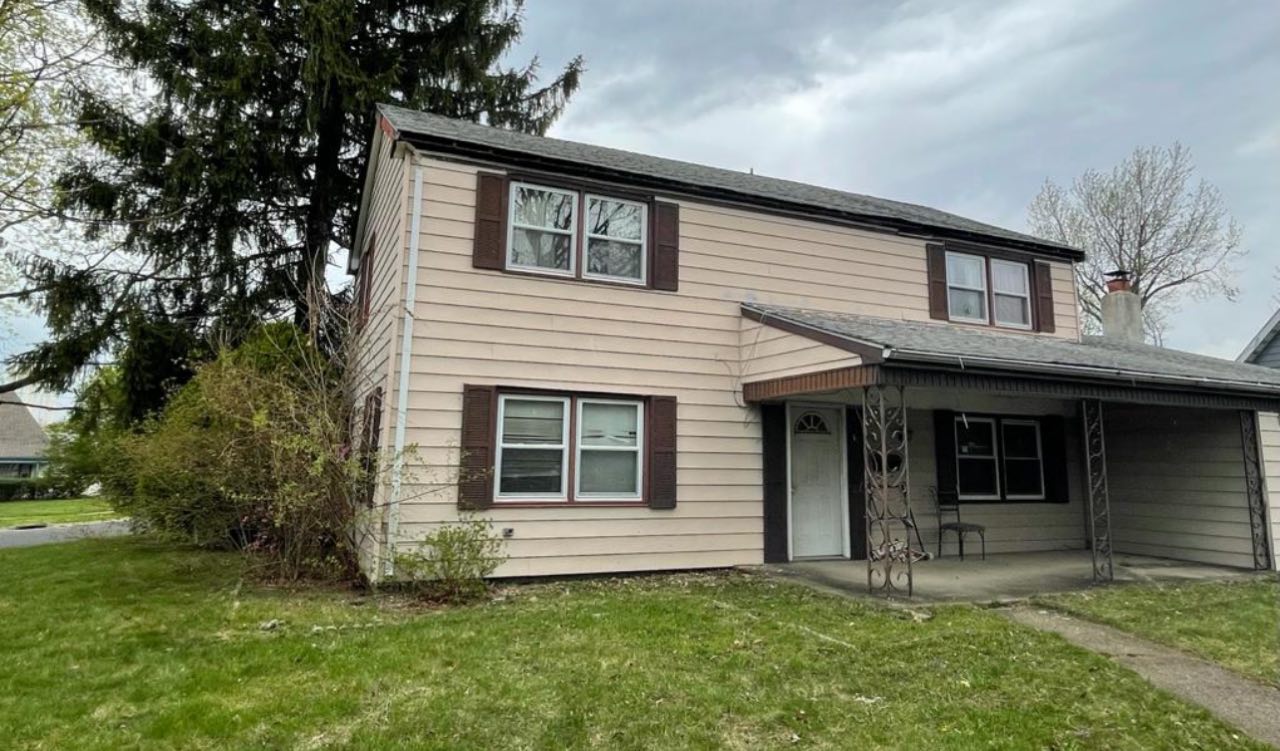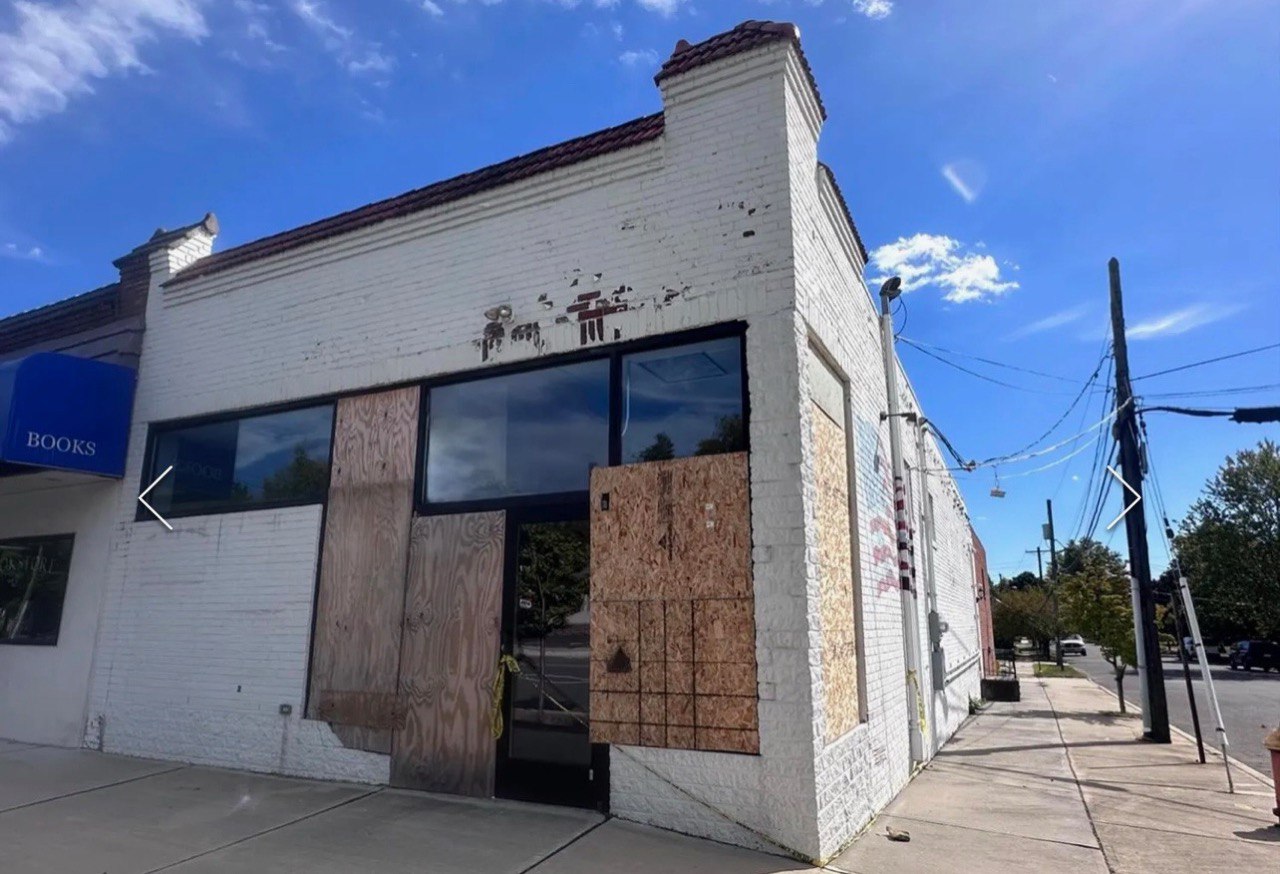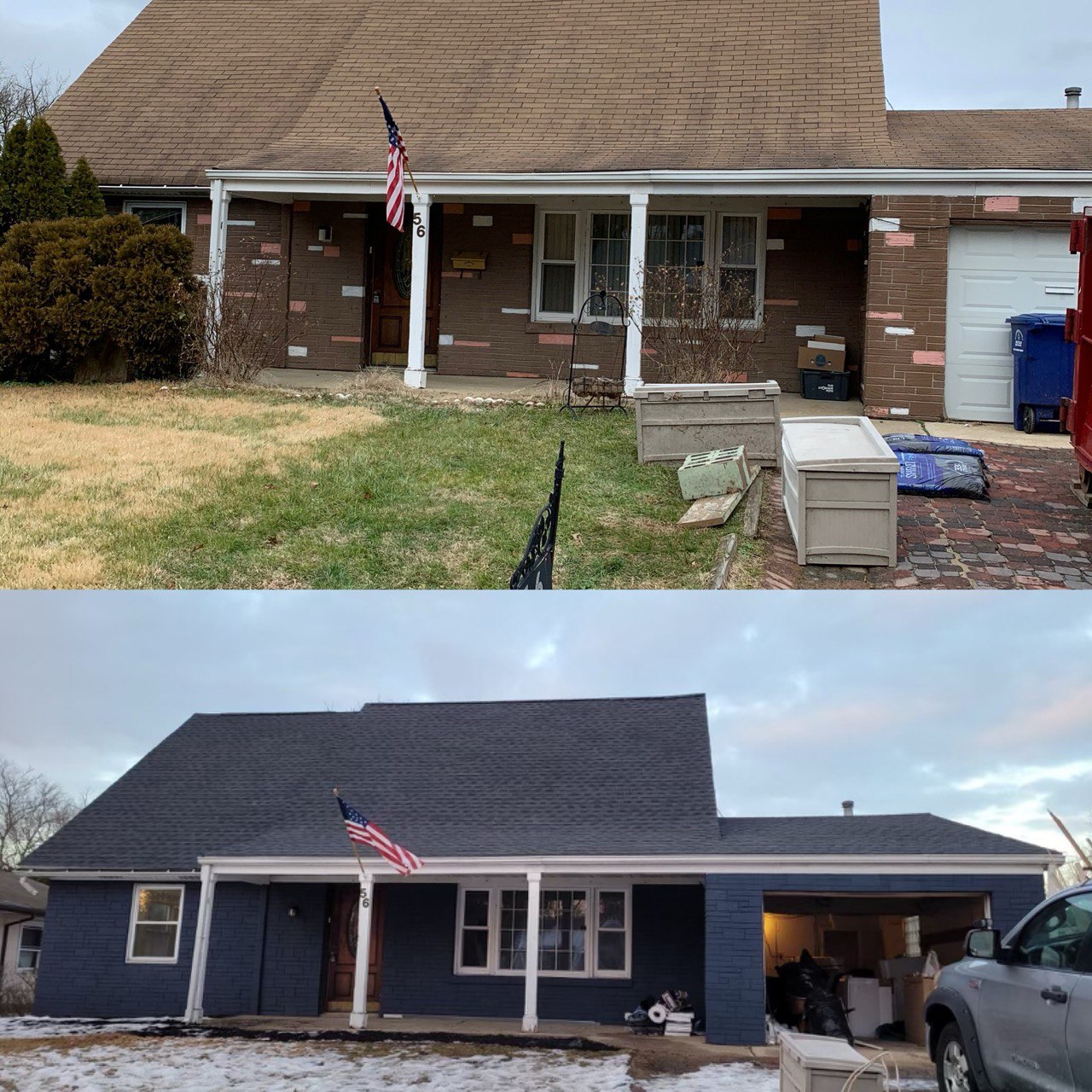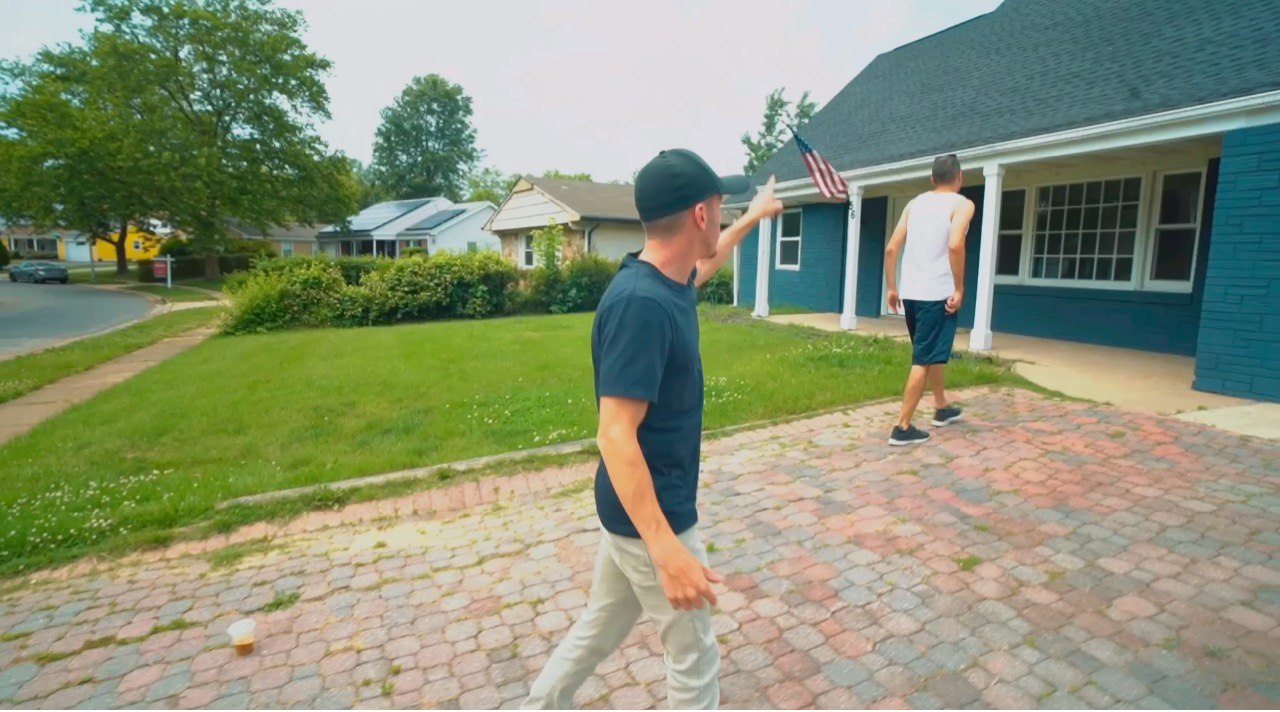
Although the process itself is relatively straightforward to execute, many questions arise when discussing probates. And we’re here to tackle some of the most common probate questions in real estate.
What is Probate?

Let’s kick it off with the basics. After you die, your attorney appointed to execute your estate or another estate executor will begin the probate process. In this process, it will be up to the executor to get the will validated in probate court. The judge will then authorize your executor to distribute your estate among your debtors and beneficiaries as outlined in your will.
To do this, your executor must locate all of your assets and determine their value through an appraisal. If your will specifies that your estate gets distributed with cash rather than the assets directly, or cash debts are owed, the executor is in charge of selling the assets to settle the debts and pay the beneficiaries.
What is considered a probate asset?

Many have this question when they begin the probate process. A probate asset is an asset that has no way of being passed to the beneficiary without a court-supervised probate process. There are several categories of probate assets, so let’s break it down a bit for you.
Individual Assets

Individual assets are assets that are in the benefactor’s name only, the benefactor being the person who has died. This includes any vehicles (recreation or otherwise), bank accounts, any investment accounts and portfolios, and business interests. This can also include other assets such as pieces of artwork, electronics, books, etc. If the deceased benefactor was the sole owner of the property, it falls into this category.
Assets Not Included in a Trust

It’s true that having a living trust means your assets don’t have to go through the probate process before dispersing among your heirs. Occasionally, however, there will be assets located that were left out of the trust. This occurs when you create a living will at one point in time and acquire assets at a later date that you neglect to move into the living trust. Any asset left out of a living trust will be subject to probate.
Tenants-in-Common Property

Tenants-in-common property is any property for which the benefactor and others share an asset. This includes assets both where the benefactor holds or doesn’t hold a controlling interest.
This happens most often in real estate, primarily commercial real estate, where multiple investors will go in on a property together. There are other tenants-in-common properties such as the co-ownership of a car or other vehicle, accounts with people the benefactor is not married to, and other investments.
Predeceased Beneficiaries or No Beneficiary Designation
If the named beneficiary dies before the owner of the property and the owner neglects to appoint a new beneficiary, that asset goes into probate. Situations in which this occurs most often is with assets such as life insurance policies and retirement accounts.
What is a probate sale?

Remember how we talked about it being the executor’s job to divide the assets among the debtors and beneficiaries? Sometimes, an asset needs to be sold for this to happen. A probate sale refers to those assets being sold, specifically their house. A probate sale also indicates the purchase of a house where the state has taken over in the absence of beneficiaries and is selling the home.
Either way, because the house is selling through probate court, the process takes longer than a standard real estate transaction. Probate sales are often listed for a lower rate which is enticing to those looking to score a deal or purchase the home for investment purposes, but the length of the home buying process, as well as the 10% deposit, scares off quite a few of them.
Can a house be marketing before probate is granted?
If someone dies without leaving a will, the executor of the property’s hands are tied until they get the administration letter authorizing them to dispose of the property.
Can the house be put on the market before the letter granting probate arrives? The short answer is yes, but we don’t recommend it. If the probate comes back rejected or you get an offer on the house, and the buyer wants to move toward closing before the court grants probate, it could cause issues for all involved properties. Best to wait until probate is granted.
Can a house be sold before probate is granted?

In exceptional circumstances, yes, a house can be sold before the court grants probate.
One such circumstance is if the home is jointly owned by a partner and their name is on the title. If that partner is still alive and wishes to sell the property, they may sell it before the court grants probate.
If the deceased individual is the only one named on the property title, however, a granted probate is required before the sale can proceed.
Can I avoid probate altogether?

Yes, yes you can! In fact, it is probably within your beneficiaries’ best interest for you to do so! We’ve alluded to them in some of the previous answers, but here’s a quick rundown of how to do it:
- Create a Living Trust
Create a living trust and put all of your assets inside of it, naming a trustee who manages the trust for you and the beneficiaries. Doing so will cut out probate entirely because it designates who receives the assets. It also eliminates any court fees that you otherwise would have incurred.
- Add beneficiaries to your retirement and bank accounts
Did you know you can decide who gets the assets in your retirement and bank accounts after you pass? Many don’t, and their accounts end up in probate. By naming a beneficiary to receive your assets within the account upon your death, you circumvent probate entirely (unless they pass away first). You can also do this with your investment accounts and life insurance policies.
- Right of Survivorship
Another way for your property to skip probate is to have a joint tenancy with a power of survivorship on your investments and significant assets. This includes any real estate you have, your vehicles, and other such assets, which will default to the surviving partner when one passes.
What is the best way to sell a house in probate?

By using a real estate agent who knows more than a thing or two about probate sales.
This is more than a simple plug to use a real estate agent, and here’s why:
- Probate sales usually get lower offers than the traditional real estate. The reason? Probably the length of the process, which brings us to our second reason why…
- Probate sales take longer than conventional real estate sales
You’ll probably want someone who has experience negotiating real estate deals to bargain for prices for the probate sale. Along that same vein, you’ll want someone who has worked with probate sales before. An experienced agent can make sure that the process doesn’t take long due to paperwork getting filed incorrectly. A real estate agent is the key to a successful probate sale.








